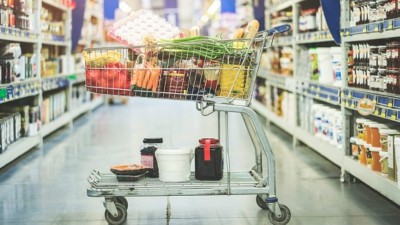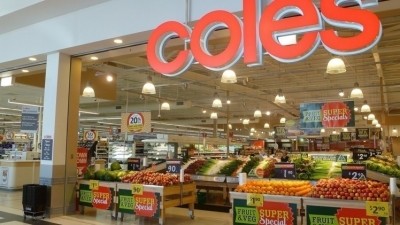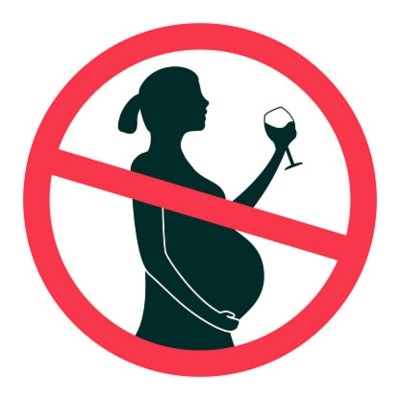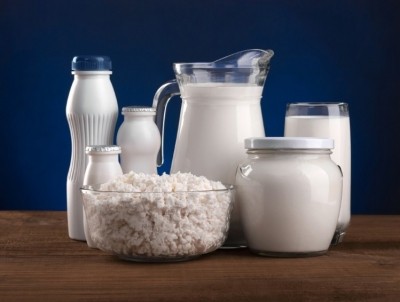Coles boycott: Australia supermarket targeted over refusal to back 10-cent milk levy
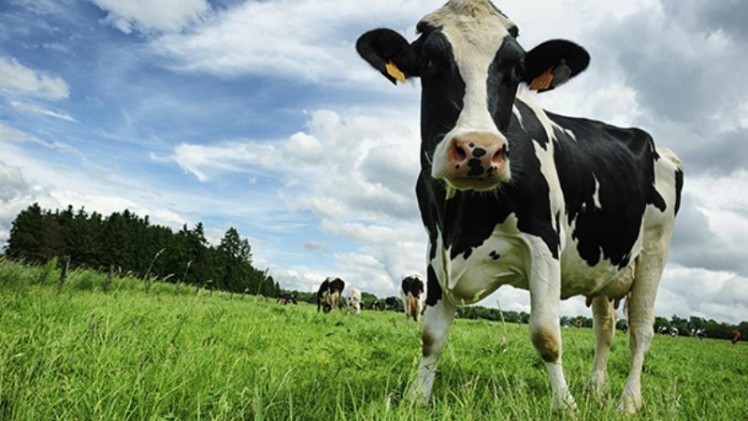
Woolworths has voiced its willingness to support the levy, suggested by The Queensland Dairyfarmers Organisation (QDO), but under the condition that other big food businesses like Coles does the same. Coles has remained non-committal.
Consumer surveys have revealed that Coles customers were more than willing to pay the extra 10 cents. Some were even willing to pay a dollar more if necessary.
QDO communications and marketing manager Sarah Ferguson said to nine.com.au: “The QDO is targeting Coles as the main player who has refused to come on board and consumers need to start demonstrating through their buying power.”
Coles has released a statement on its various humanitarian efforts aimed at helping the farmers, but QDO is not satisfied with this.
“Coles is hiding behind their Rural Aid donation – but when you break that down, the amount that they have raised is about $50 per farmer,” Ferguson added.
Dairy farming likened to ‘slavery’
QDO is campaigning for the 10-cent levy via a petition on change.org, which has obtained over 72,000 signatures to date.
The face of this campaign is that of Shane Hickey, a dairy farmer from North South Wales. Hickey previously recorded a viral video detailing the plight of dairy farmers in Australia.
“I’m a proud dairy farmer, I work very hard […] but in July, I worked for just A$ 2.46 (US$ 1.75) an hour,” said Hickey in his video.
“Something’s got to change. […] People can’t expect farmers to continually work for nothing. That’s basically slavery,” he added.
Even with the 10-cent levy, Hickey says his pay would rise from A$ 2.46 to just A$ 6.90 (US$ 4.90) an hour.
“If I got 20 cents more for my milk, my hourly pay rate would have gone up to $11.30 an hour, which is still basically half of the minimum wage.”
“[But] half of the dairy farmers in NSW are talking about closing by Christmas and that’s why we have gone in with the 10 cents levy proposal because if we don’t get something, there won’t be many of us left,” he added.
Government response
Australian Prime Minister Scott Morrison has not expressed enthusiasm over the levy, saying “I’m not rejecting it”.
He conveyed a reluctance to “solve problems with tax”, as well as to “see any increase in prices for Australians”.
“[That said], I am sensitive to the issues faced by not just drought-affected farmers but all dairy farmers and other farmers,” he added.
“I don’t want to see people’s prices go up. I want to ensure the sustainability and viability of our dairy sector. […] I’m not rejecting it.”
The Australian Senate rejected a motion to raise milk prices by 20 cents a litre last month, citing a report that this would not affect prices for dairy farmers.
This report was released by the Australian Competition and Consumer Commission (ACCC). It stated that there was no relationship between retail private label milk prices and farmgate prices.
As per the United Nations Food and Agriculture Organisation (FAO), farmgate prices are “the prices received by farmers for their produce at the location of farm”.
The ACCC reported that: “Contracts for the supply of private label milk allow processors to pass the farmgate price paid to farmers through to the wholesale prices they charge to retailers.”
“[P]rocessors do not have an incentive to reduce farmgate prices as a result of the lower wholesale prices they receive for private label milk, as the farmgate prices are passed through to the supermarkets.”
“[F]armers’ lack of bargaining power means that they are unlikely to benefit from an increase in the retail (or wholesale) prices of private label milk or other dairy products.”
“Even if processors were to receive higher wholesale prices from sales to supermarkets, this does not mean the processors will pay farmers any more than they have to secure milk.”
Commenting on the government’s handling of the situation, Hickey said: “It’s disgraceful that parliamentarians will stand up for workers’ rights, fair work, but for a farmer they won’t do it because of the ACCC report.”
By law, dairy products need to be sold within 48 hours, which leaves dairy farmers with little option and “lack of bargaining power”, as mentioned in the report.
“If I was a sheep farmer I could hold onto the wool if the prices weren’t right but we don’t have that option because it’s an extremely perishable product,” Hickey added.
